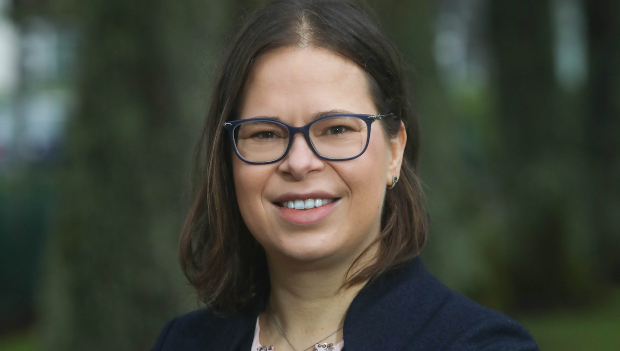
Galway researcher leads project investigating future of personalised medicine
A University of Galway academic whose research work focuses on developing computational models of human biology has been awarded a €2 million consolidator grant from the European Research Council to develop a computational model of the human metabolism.
Consolidator grants are awarded to exceptional researchers with a scientific track record showing great promise and a pioneering research idea at the forefront of discovery. The awards provide funding for up to five years to researchers with between seven and 12 years’ experience post-PhD, solidifying their research independence while facilitating their progression to global leaders in their field.
Prof Thiele’s project, Avatar, aims to construct an advanced computer model that delves into the connections between genes, metabolism, microbiome and diet, and to unravel their impact on health. The model aims to predict personalised health interventions based on individual health data, offering tailored advice – similar to a virtual health coach.
This model of human metabolism could propel advancements in personalised medicine by predicting the optimal health interventions for individuals, based on their own health data. It will initially focus on inherited metabolic diseases and metabolic changes in individuals with cognitive issues.
For example, the computer model may predict if a person is at risk of health issues based on their genes, microbiome, life-style parameters, and metabolism, and provide recommendations on how to intervene effectively, such as by giving specific diet recommendations.
Prof Thiele explained: “Avatar represents a monumental leap towards personalised medicine. Our society is very diverse, including our bodies, biologies and lifestyles, yet healthcare still largely relies on a ‘one-size-fits-all’ approach, assuming most people will respond the same way to the same treatment. In reality, and beyond genetics, our health is influenced by internal factors like metabolism, which are small molecules circulating in our bodies; external elements such as microbiome and lifestyle choices such as diet.
“Avatar addresses the differences between individuals by unravelling the intricate relationships between genes, metabolism, microbiome, and diet. While advancements in DNA technology hold promise for personalised medicine, the multitude of genetic variations presents a daunting challenging in determining their specific relevance to health.
“The intricate interplay of these factors forms a complex web that requires a sophisticated, computer-based approach in order to untangle.”
This is the second ERC award for Prof Thiele, who was awarded a European Research Council Starting Grant in 2017, which enabled her pioneering work on computational modelling of the role of the microbiome on human health. Avatar is a multidisciplinary effort with a multidisciplinary team of collaborators spanning Ireland, Germany, Spain, The Netherlands and the USA.
Prof Thiele was one of seven Irish-based researchers to receive an ERC consolidator grant. A total of €15 million was allocated to Irish projects ranging from the polarising effects of social media to 3D-printed body parts.
TechCentral Reporters






Subscribers 0
Fans 0
Followers 0
Followers